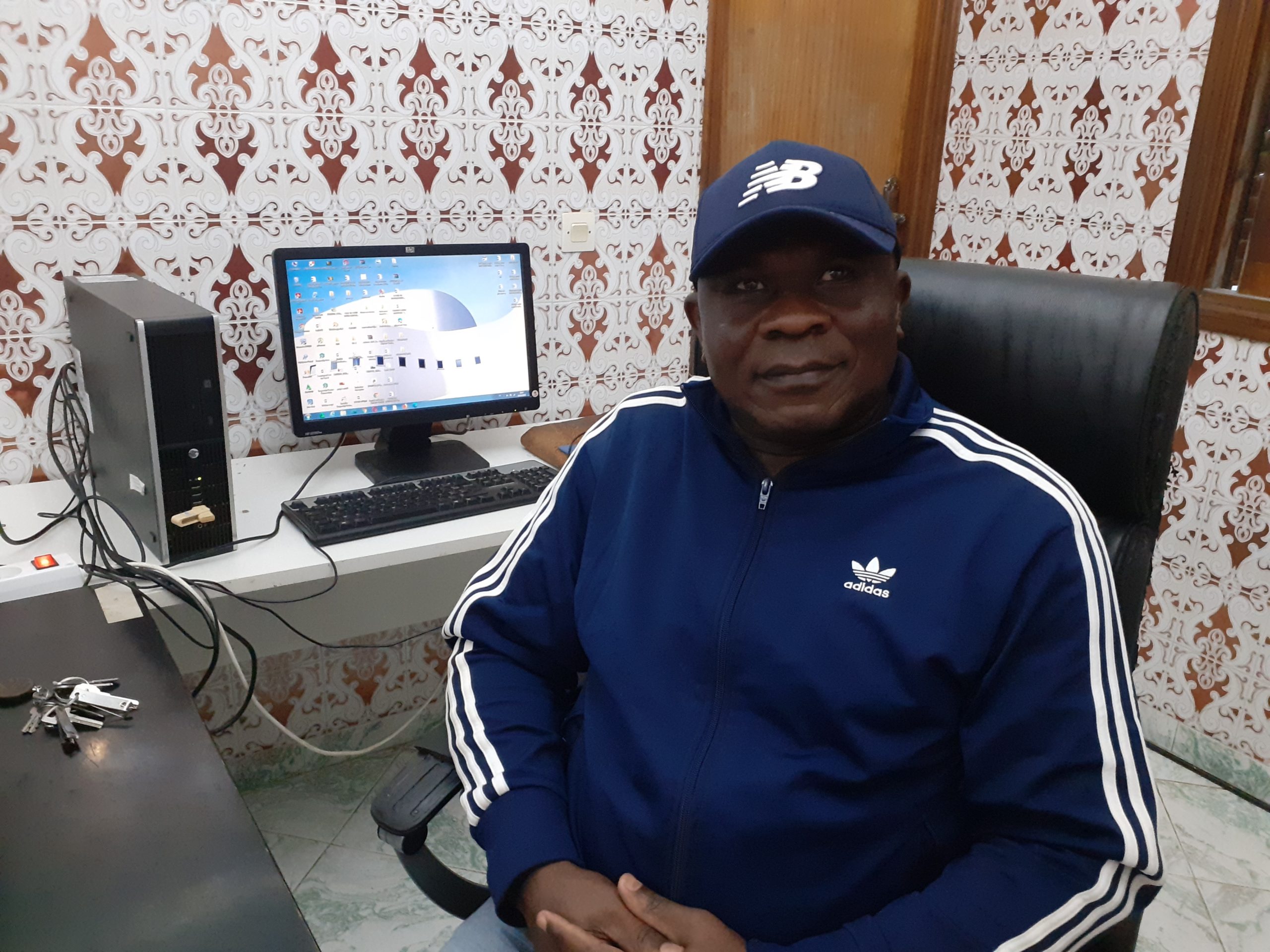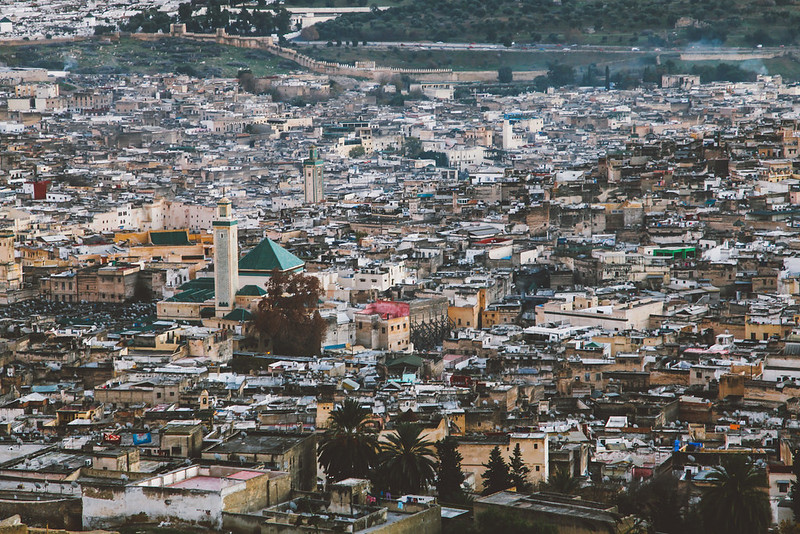This article was published more than 4 years ago.
When Aminita*, a 25-year-old Fula migrant living in Agadir, Morocco, was pregnant, she had no idea how to obtain a birth certificate for her baby. Without that critical piece of paper, her child would be unable to access services like health care and education in Morocco.
Then, at an information session for migrant women on reproductive health and family planning, she met Patrick Bogmis.
Patrick is the founder of the Fund-supported Association Lumière sur l’Émigration Clandestine au Maghreb (Light on Irregular Migration in the Maghreb Association, or ALECMA), a grassroots association of Sub-Saharan African migrants who advocate for the needs of their community in Morocco.
He helped Aminita and her husband understand their rights and navigate the process to obtain the document their baby was entitled to, ensuring the infant would have access to health care and other vital services during and after the COVID-19 pandemic.
“ALECMA has done so much to benefit migrants, especially woman and children,” says Aminita.

Long a country of transit, Morocco has become a default destination for thousands of people migrating from Sub-Saharan Africa as entry to Europe has grown increasingly difficult.
Patrick understands as well as anyone the challenges that they face. Originally from Cameroon, Patrick migrated to Morocco in 2011. Along the way, he experienced firsthand the dangerous—and often deadly—conditions that migrants endure in pursuit of opportunity and a better life.
In 2012, Patrick formed ALECMA to raise awareness of the enduring racism and institutional violence that migrants from Sub-Saharan Africa experience. Composed entirely of migrants, the Rabat-based group has taken a bold approach to improving the lives of the migrant community in Morocco.
With the support of the Fund, ALECMA works to improve access to basic social services, elevate their voices to influence policies that affect them, and provide vocational and other training to help them thrive in a new country and culture.

The COVID-19 pandemic has severely exacerbated already poor conditions for migrants. “The coronavirus health crisis has disrupted the daily lives of migrants who, for the most part, work in the informal sector,” says Patrick. And the loss of livelihoods has been compounded by barriers to accessing health services and overcrowded living conditions.
Thanks to support from the Fund this spring, Patrick and the activists of ALECMA have helped meet the needs of hundreds of women and child migrants in Rabat and the surrounding areas.
As the Moroccan authorities issued preventative measures to stem the spread of COVID-19, ALECMA worked with other organizations to ensure that information was translated into multiple languages and readily available for migrant communities. They have also delivered food and sanitary kits that contain crucial items like soap, laundry detergent, and disinfectant wipes.
“The restrictive measures prescribed by the authorities have increasingly contributed to the vulnerabilities they face,” says Patrick. And despite promised government reforms and an influx of international funding, conditions remain exceedingly poor for hundreds of thousands of migrants in Morocco and protections are woefully limited.
But the community has a courageous champion in Patrick. “ALECMA will continue to fight for the defense, protection, and promotion of human rights,” he says. “The basis of ALECMA’s work is hope.”
Across the globe, millions of people have survived harrowing journeys and overcome immeasurable hardship to seek safety, equality, and opportunity. As major political, economic, social, and environmental transformations continue to drive displacement, millions more will follow.
The Fund is proud to have supported Patrick and ALECMA since 2014 with the flexible funding and strategic support they need to protect and promote the human rights of migrants in Morocco.
*Names have been changed to protect the privacy of individuals.


